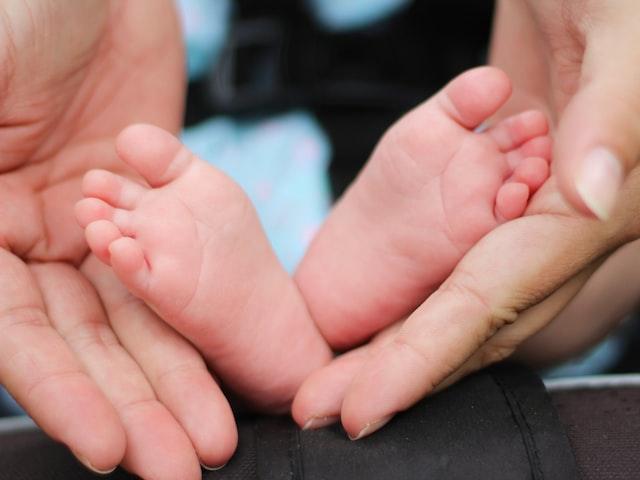Just as your body went through many changes before birth, it will go through transitions as you recover from childbirth.
Physically you may experience the following:
- Pain at the site of the episiotomy or laceration. An episiotomy is a cut made by your doctor in the perineum (the area between the vagina and the anus) to help deliver the baby or prevent tearing. If this was done, or the area was torn during birth, the stitches may make walking or sitting difficult. It also can be painful when you cough or sneeze during the healing time.
- Sore breasts. Your breasts may be swollen, hard, and painful for several days as your milk comes in. Your nipples may also be sore.
- Hemorrhoids. Hemorrhoids (swollen varicose veins in the anal area) are common after pregnancy and delivery.
- Constipation. Having a bowel movement may be difficult for a few days after delivery. Hemorrhoids, episiotomies, and sore muscles can cause pain with bowel movements.
- Hot and cold flashes. Your body's adjustment to changing levels of hormones and blood flow can cause you to perspire one minute and reach for a blanket to cover yourself the next.
- Urinary or fecal incontinence. Muscles stretched during delivery, particularly after a long labor, may cause you to leak urine when you laugh or sneeze or may make it difficult to control bowel movements, causing accidental bowel leakage.
- "After pains." After giving birth, you will continue to experience contractions for a few days as your uterus returns to its pre-pregnancy size. You may notice contractions most while your baby is nursing.
- Vaginal discharge(lochia). Immediately following birth you will experience a bloody discharge heavier than a regular period. Over time, the discharge will fade to white or yellow and then stop entirely within two months.
Emotionally you may experience irritability, sadness, or crying, commonly referred to as the "baby blues," in the days or weeks after delivery. These symptoms occur in up to 80% of new mothers and may be related to physical changes (including hormone changes and exhaustion) and your emotional adjustment to the responsibilities of caring for a newborn.
If these problems persist, inform your doctor or other health professional; you could be experiencing postpartum depression, a more serious problem that affects between 10% and 25% of new mothers.
Source https://www.webmd.com/baby/guide/normal-labor-and-delivery-process










